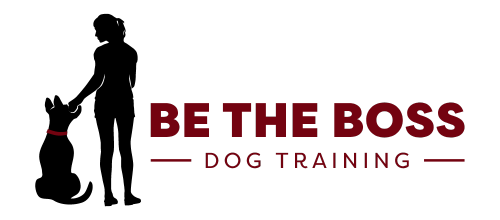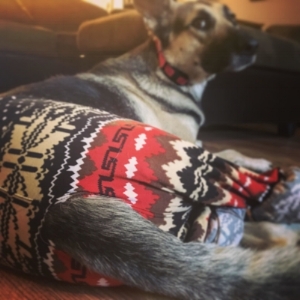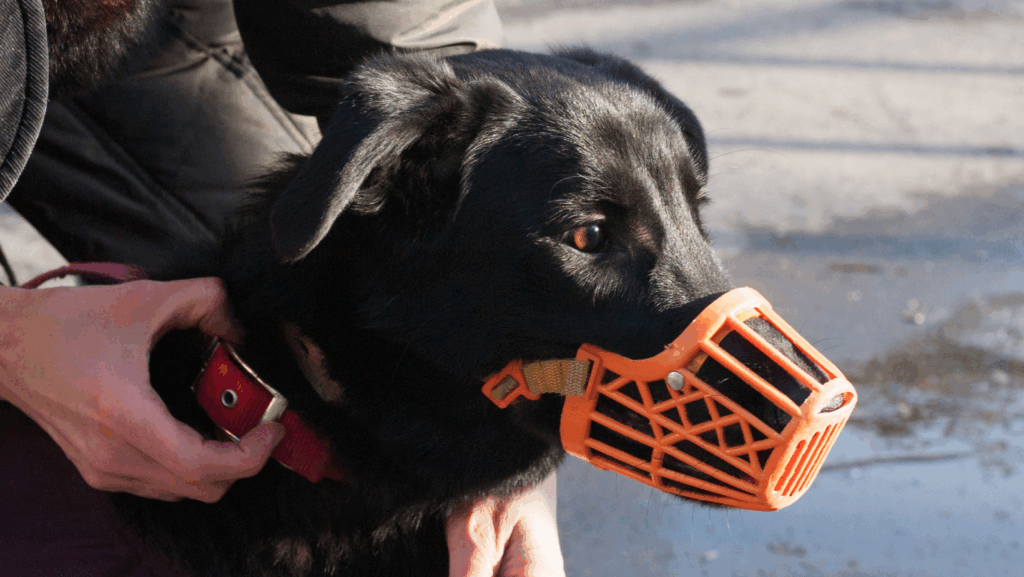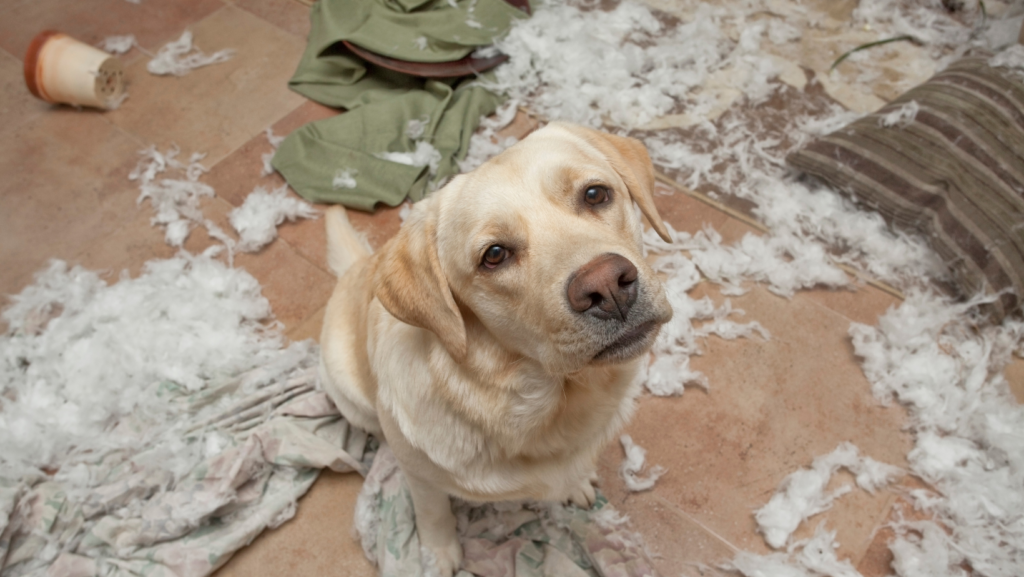Denial is not just a river in Egypt, folks. This last weekend I had the opportunity to utilize a booth at the UVU Home Expo, and I was surprised at the most common phrase I heard from dog owners. By the end of the second day I was able to finish my customer’s sentences. Here it is.
Customer walks up to booth.
Me: “Hi! Do you have any questions about dog training for me today?”
Customer: “Not really. My dog is the most well-behaved dog you will ever see. He doesn’t bite, or dig up the yard. He loves to sleep on my lap….”
Me: “Buuuut…?” (The BIG but)
Customer: “He barks at the door and jumps on people when I have guests.”
There it is folks. The big but. Yes, I absolutely will agree with you when you say your dog has mostly great behavior. But please don’t call your dog the most well-behaved when they have a dangerous behavior like jumping…or an anxiety-driven behavior like barking…or when they won’t come when you call them.
I’ve been where you are, folks. I don’t judge. I don’t condemn. I help and empower people. After all, ask me how my dogs used to be!
Everybody has a dog with bad behavior. Yes, even dog trainers! But please don’t tell me your dog is the most well-behaved dog in the world if you have a big but. I won’t buy it.
Need help getting rid of your big but? Contact me!
You’ll find an empathetic friend as well as a skilled trainer to help you eliminate bad behavior quickly.
Check out my popular self-help videos as well as my Facebook page for instant tips and advice.
I look forward to speaking with you! Good luck!





